
Since the release of Xiaomi 11 Ultra, the calls for an update to MIUI 12.5 have continued to rise on social networks.
The first batch of Xiaomi Mi 11 Ultra pre-installed with MIUI 12 is just like the AE86 in “Initial D” that is replaced with a new high-horsepower self-priming track engine, but lacks the 10,000-rpm tachometer. , Was forced to temporarily “seal” some abilities. At that time, to release the full potential of the “Light of Android” Xiaomi 11 Ultra, there is still a shortage of MIUI 12.5.

Fortunately, it didn’t make people wait too long. On the morning of April 16, Xiaomi announced that the development of MIUI 12.5 will be accelerated, and the MIUI 12.5 development version of the MIUI 11 Ultra will be launched on the same day. At the same time, the release time of the MIUI 12.5 stable version of Xiaomi 11 Ultra has also been raised to April “See you at the end of the month.” (As of press time, some Mi 11 Ultra users have already received the MIUI 12.5 stable version push)

Ai Faner also obtained the MIUI 12.5 for MI 11 Ultra development version internal test experience qualification for the first time. After we upgraded the Xiaomi 11 Ultra in our hands to the MIUI 12.5 development version, we found that it not only brought more refined and smooth System dynamics, and its power consumption and endurance have been improved. These two points are also the most anticipated feature optimizations for 11 Ultra users.
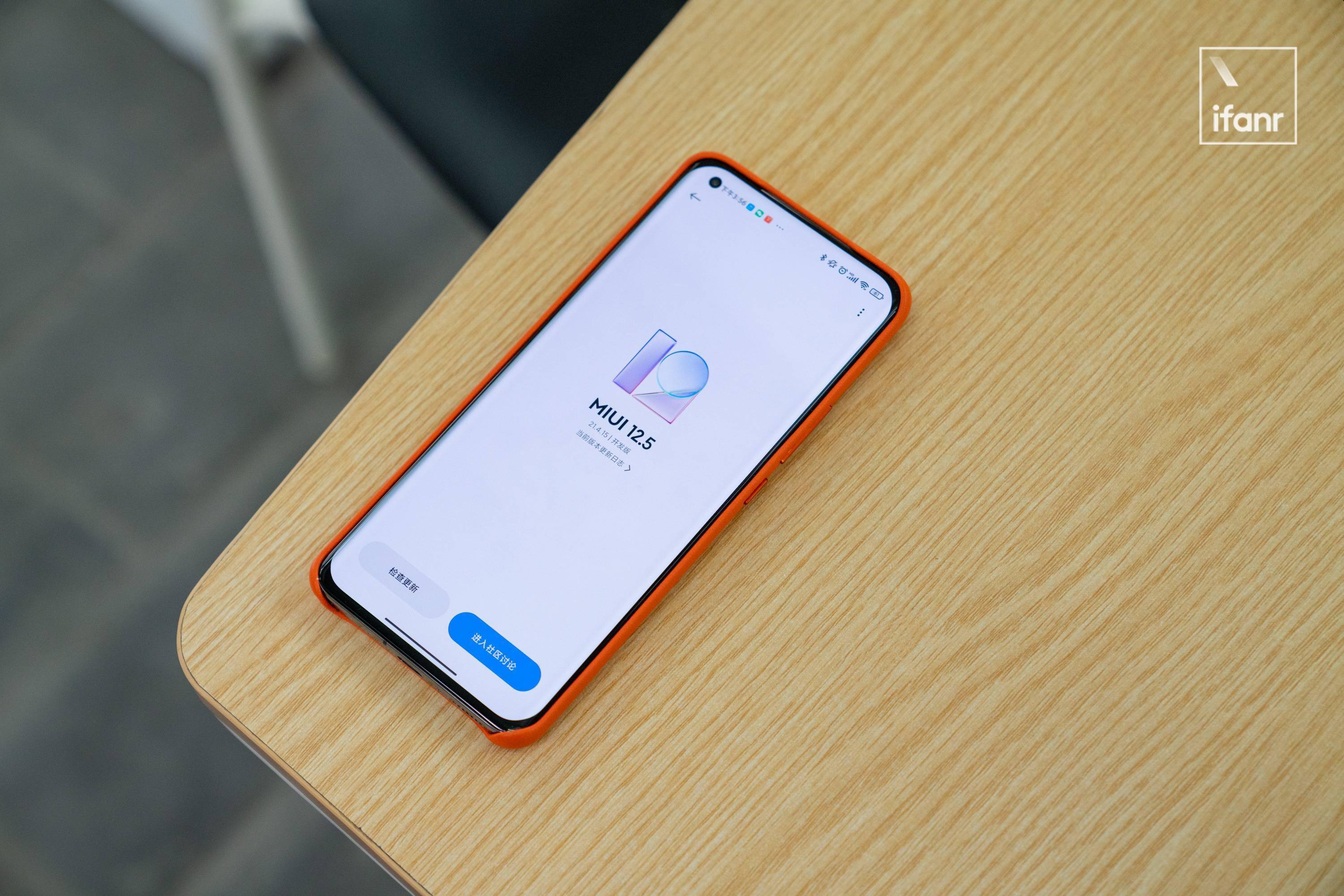
It can be said that the new MIUI 12.5 is not only the complete body of MIUI 12, but also makes Mi 11 Ultra more complete.
Complete “light cone motion”, extremely handy full-screen touch experience
On MIUI 12, Xiaomi proposed a new “Miyou Light Cone Motion Architecture”, trying to self-research and reconstruct the animation rendering in the Android system from the underlying technology to achieve more complex, natural and fine animation effects. However, this set of dynamic effects requires higher performance as support. Therefore, after upgrading the early version of MIUI 12 on the old model, there will occasionally be some lagging phenomenon, which is also a major point of the netizens on the community forum. .
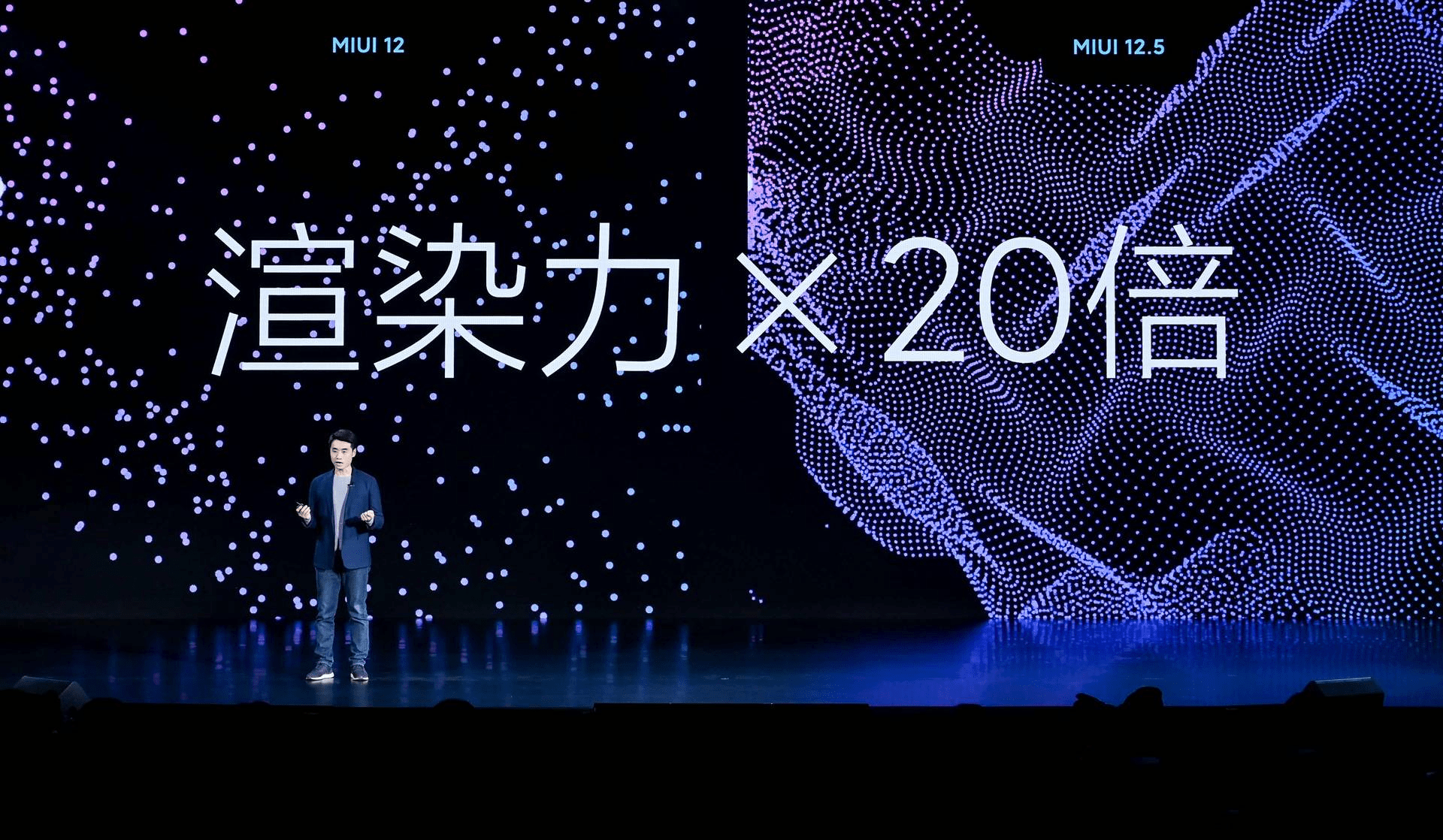
To this end, MIUI 12.5 has upgraded the computing power for the light cone dynamic effect, and enhanced the original single-core computing to multi-core computing. Simply put, the rendering power has been increased by 20 times.

On the other hand, as the overall motion effect becomes more complex, Xiaomi has classified the light cone motion effect by model. Among the three levels of the flagship mid-end entry level, the dynamic effect level is adjusted for the performance level.
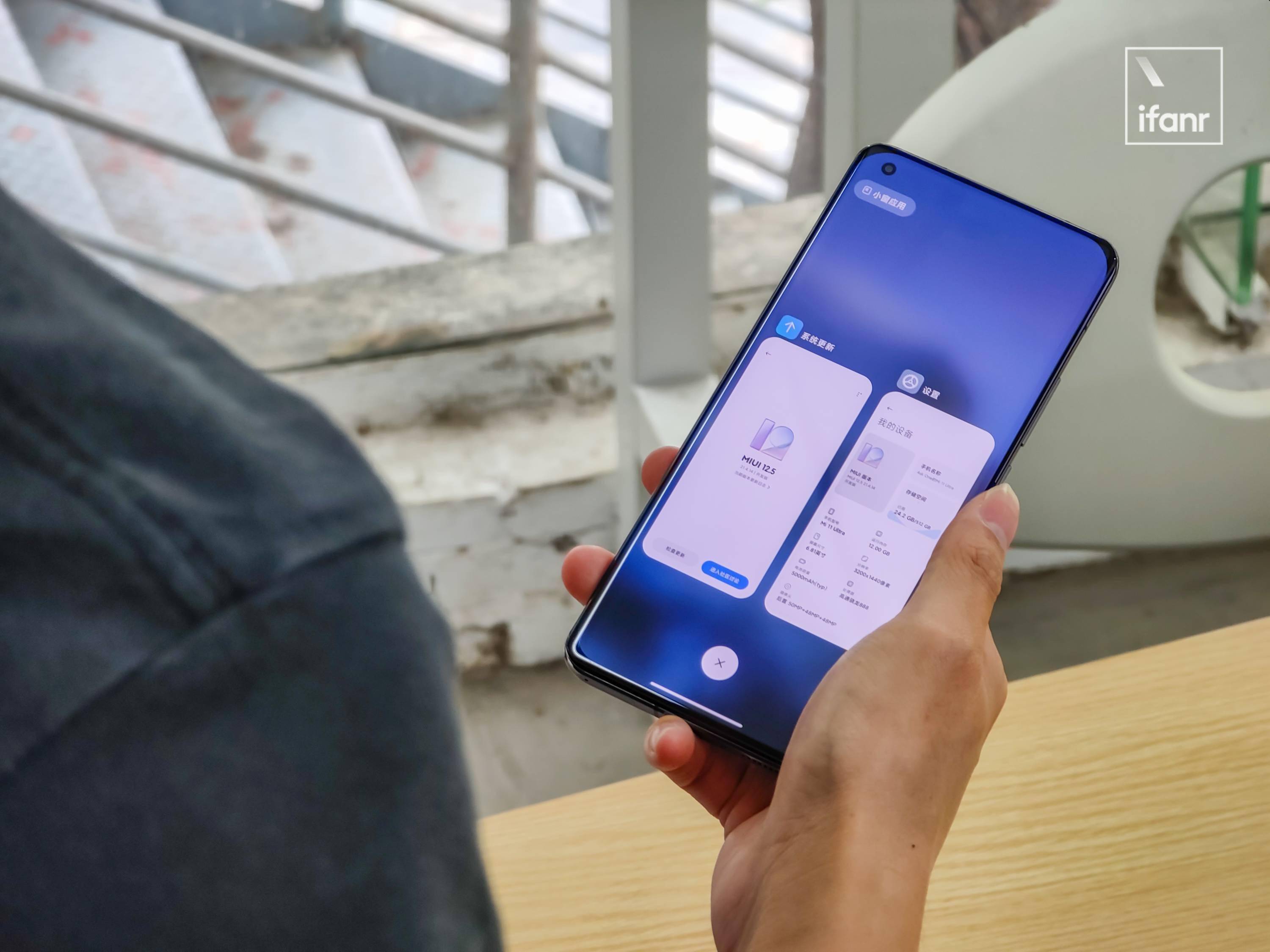
Of course, for the flagship Mi 11 Ultra, MIUI 12.5’s full set of animations can run perfectly and smoothly, so that after upgrading MIUI 12.5, this set of animations gives me a visual impression that is better than the MIUI installed at the factory. 12 Comes more refined and smooth, the perception is more obvious.

For example, if you turn on the setting icon with a higher frequency, its rotation dynamic effect is very natural. When returning to the desktop, the setting icon shrinks and also has a rotating effect, and at the end of the rotation, it will be rotated a little bit with inertia, and then it seems that the gear is stuck by the real physical structure. Pull back a little bit and then return to stillness.
There are many icon animations that show natural effects like this, and this is also an embodiment of MIUI 12.5 “Touch Reality”.

▲ I used to turn my phone in my hand when I was bored, but now I like to switch apps like this
In addition, MIUI 12.5 proposes gesture Turbo, which builds a dedicated thread for full-screen gesture operations, separates the rendering of the gesture layer from other renderings and runs on an independent dedicated thread, and prioritizes the scheduling of response gesture operations. This can ensure that the smooth operation of the full-screen gesture animation is still given priority when resources are tight.
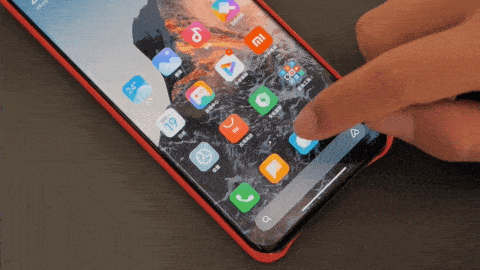
▲Slow down to 25% to watch the slow motion shots, the system gives higher priority to gesture response scheduling

▲ 2K 120Hz AMOLED E4 screen of Xiaomi 11 Ultra
So in terms of touch experience, the Xiaomi Mi 11 Ultra upgraded to MIUI 12.5 will look more sophisticated. It also solves the problem that the interface may be stuck when the CPU is preempting resources, and then gives full play to the advantages of the Xiaomi 11 Ultra with a 120Hz refresh rate and a 480Hz peak sampling rate.
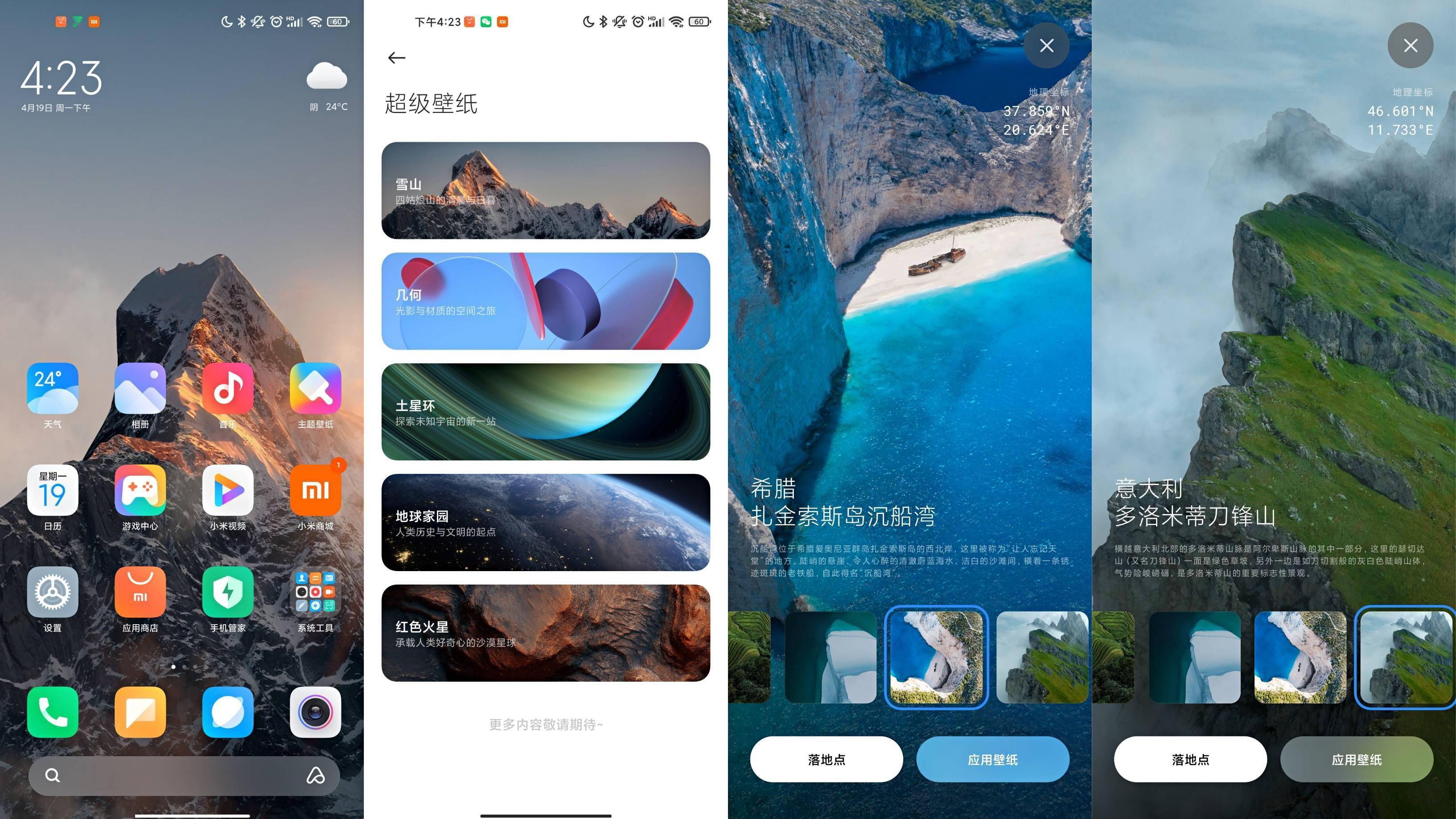
This time, MIUI 12.5 also added a series of wallpapers of snow mountains from the main peak of Mt. Siguniang in Sichuan, China, showing the changes in the illumination scenery of Mt. Siguniang over time. There are also geometric and Saturn ring series super wallpapers. In the Earth Home series, two new landing locations have been added to the Blade’s Edge Mountain in the Dolomites in Italy and the Shipwreck Bay in Zakynthos Island in Greece. On 11 Ultra, the speed of loading super wallpapers has been improved to a certain extent, and the animation switching from AOD to the lock screen all the way to the main interface has also become smoother.
For the memory part, MIUI 12.5 also optimizes the scheduling of background memory. The specific method is to reduce the background memory occupancy rate, especially the memory occupancy of system built-in applications such as Weather, Xiaomi Community, and Xiaomi Pictorial. Without deliberately cleaning up background applications, the available memory value has always been in a relatively sufficient state.

▲When switching multitasking horizontally, MIUI 12.5 of Mi 11 Ultra is very smooth
For switching between multiple applications, MIUI also provides an intelligent optimization solution. Some commonly used applications do not need to be re-awakened when they are called from the background to the foreground, and the full-screen gestures are used to switch quite smoothly.
Coping with a full day’s battery life, no problem
In terms of power consumption, MIUI 12.5 has also been specially optimized. According to the official statement, MIUI 12.5 can achieve a 35% reduction in system application background memory usage, an average reduction in system application power consumption by 25.7%, and a 40% reduction in super wallpaper power consumption.

In the actual experience, the endurance performance of the Xiaomi 11 Ultra has been improved to a certain extent. According to my daily commuting habits, under the condition of using the screen for nearly 6 hours, there is still 20% of the battery before going to bed. Compared with the previous MIUI 12 system firmware, it is obviously a great improvement, and I really feel the sense of security brought by the 5000 mAh battery in the fuselage.
If you follow the habit of high-intensity use during business trips, you still need a short recharge to cope with the full-day battery life.
For example, last weekend, I went to Shanghai to participate in two car launch conferences. In the process of visiting the exhibition, in addition to the frequency of use of information software such as WeChat and Weibo, which will greatly increase, I often use my mobile phone to take still pictures and occasionally record several small videos. The battery life of the Xiaomi 11 Ultra can last from 9 a.m. to the evening, and then when the battery level drops to 25%, the mobile power supply is used on the road to make a short recharge.

The battery has been charged to 50% before the next venue, and then put into higher-intensity use again. By the time I returned to the hotel in the evening, the battery level had dropped to 14%, and the screen had been on for more than 6 hours throughout the day. According to my usual experience of using mobile phones, this is already the upper-middle level in the flagship model segment, which is basically satisfactory.

MIUI 12.5 also refines the vibration tactile sensation of the Xiaomi Mi 11 Ultra, provides an analog gear scale, has an analog soft touch, and raises the fineness of the system’s tactile feedback to a new level. Xiaomi calls it “MIUI natural touch”, of course, this also requires hardware support.
MIUI 12.5 is the last piece of the puzzle that Xiaomi 11 Ultra needs to complete
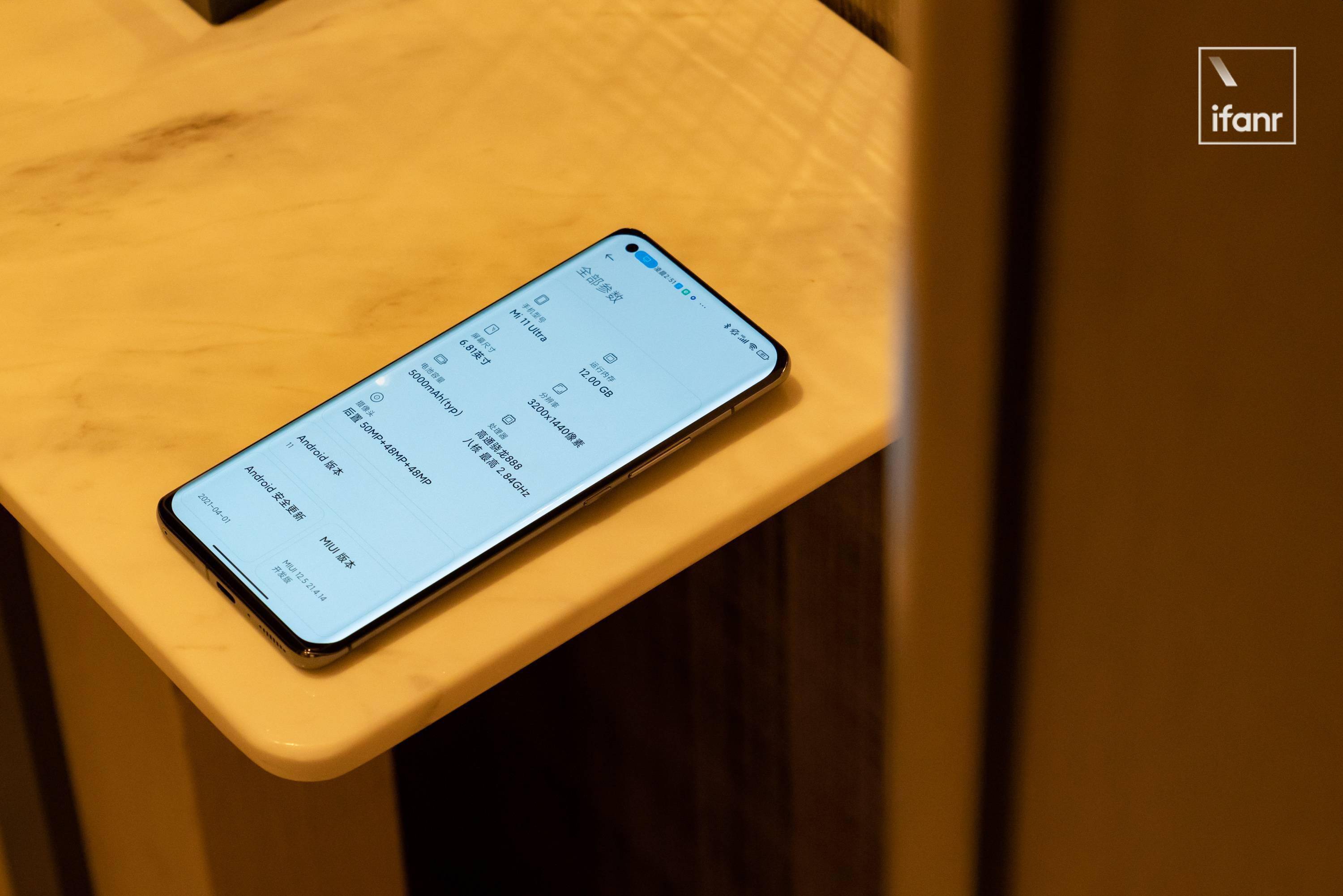
In general, the Mi 11 Ultra after MIUI 12.5 is what it should be, so that the hardware performance hidden inside the fuselage can be played out smoothly. A series of subtle motion design also reflects MIUI’s thinking change from pure UI to in-depth consideration of UE level.

Moreover, as we mentioned before, MIUI 12 has great ambitions and is determined to start from the bottom of the system to meet the pursuit of more advanced dynamic effects, but due to time, many functions and effects have not been fully realized.
These effects shown in the PPT of the press conference were not realized until MIUI 12.5, and there was also a better hardware carrier to present it. So instead of saying that MIUI 12.5 is a half-generation upgraded version, it is better to say that this is the complete body of MIUI 12. The last piece of the puzzle of the Xiaomi 11 Ultra seems to have been filled.
#Welcome to follow Aifaner’s official WeChat account: Aifaner (WeChat ID: ifanr), more exciting content will be provided to you as soon as possible.



























































You must log in to post a comment.